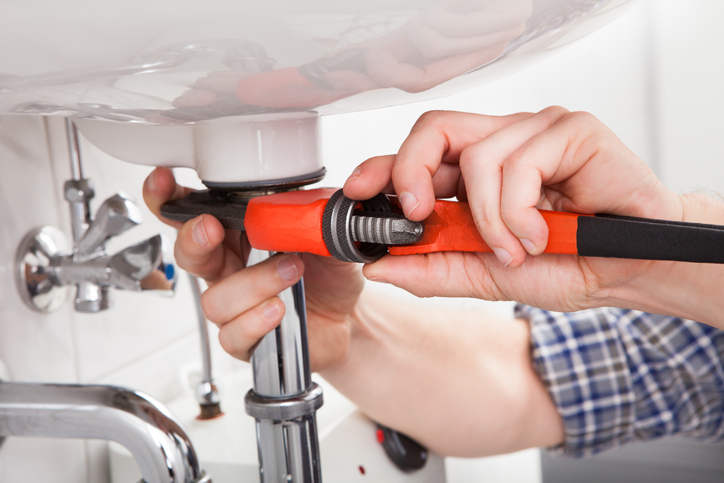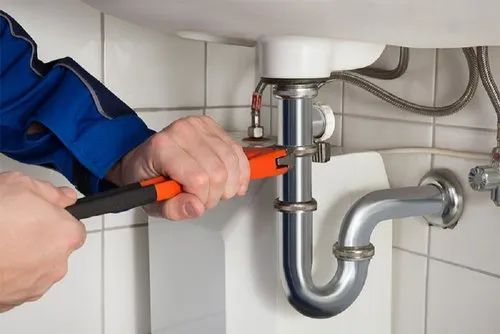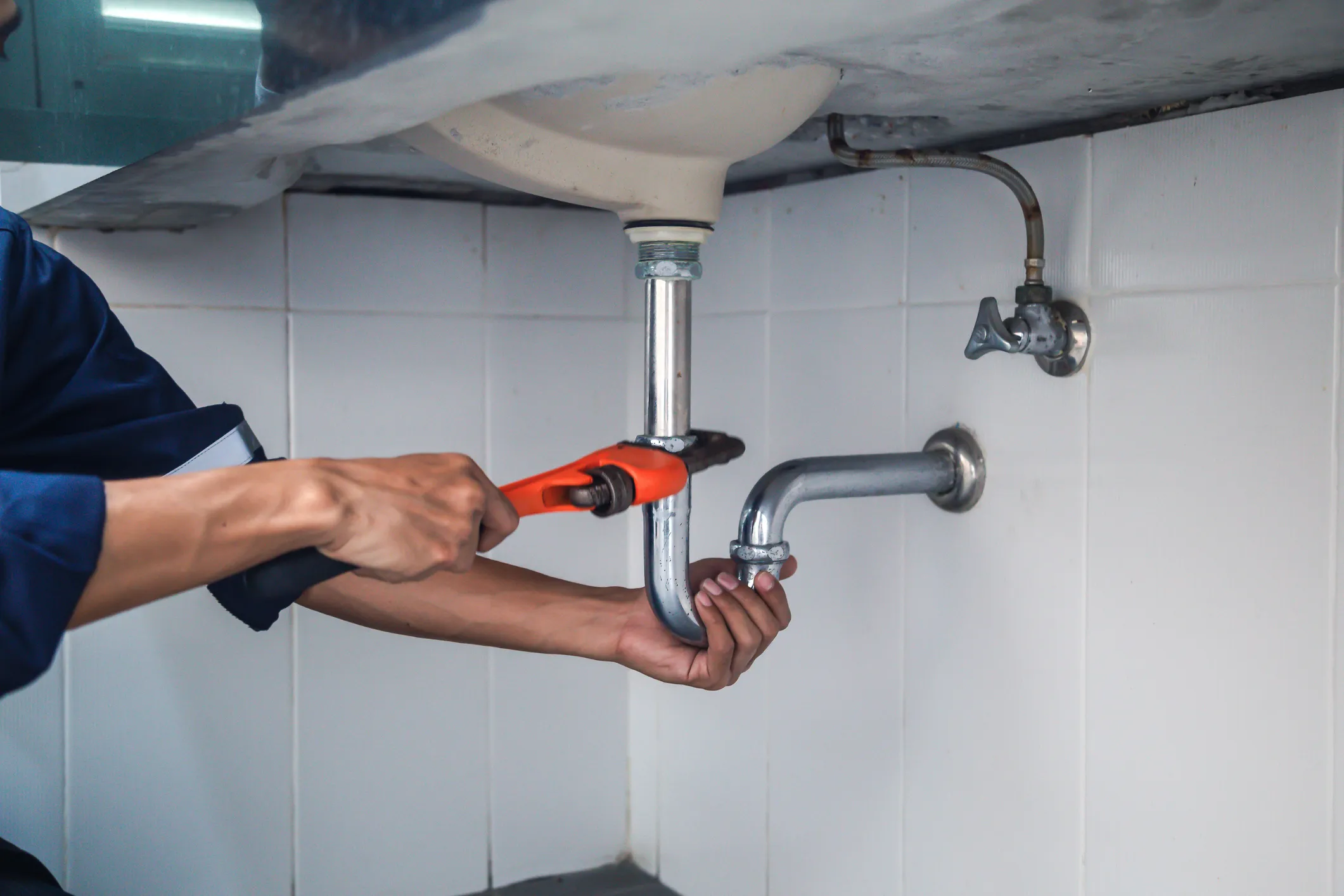When you move into a new home, there’s a lot to take in. From unpacking boxes to finding the best local grocery store, the list can seem endless. However, amid all the excitement, one critical area that deserves attention is your home’s plumbing system. This guide on plumbing safety tips for new homeowners aims to make your transition smoother and safer.
Understanding your home’s plumbing is not just about knowing where the pipes are. It’s about ensuring everything functions safely and efficiently. By following these plumbing safety tips, you can prevent future headaches and costly repairs.

Why Plumbing Safety Matters
Plumbing is an essential part of any home. It ensures that water flows where it should and stays away from where it shouldn’t. Poor plumbing can lead to water damage, increased utility bills, and even health hazards. As a new homeowner, prioritizing plumbing safety can save you from these potential issues. For more on the importance of plumbing in new homes, check out this article on plumbing tips when building a new home.
Getting to Know Your Plumbing System
Locate the Main Water Shutoff Valve
One of the first things you should do is locate your homes main water shutoff valve. In case of a burst pipe or emergency, knowing how to quickly shut off the water can minimize damage.
Understand Your Water Heater
Your water heater is a crucial component. Learn about its temperature settings and maintenance requirements. Keeping the temperature at 120 degrees Fahrenheit can prevent scalding and save on energy costs.
Regular Maintenance Checks
Inspect for Leaks
Regularly inspect your plumbing for leaks. Even small drips can add up to significant water waste and higher bills. Check under sinks, around toilets, and in basements for any signs of moisture.
Test Water Pressure
High water pressure can damage pipes over time. Use a water pressure gauge to test your home’s pressure. Ideally, it should be between 40 and 60 psi. If it’s too high, consider installing a pressure regulator.
Preventive Measures to Ensure Safety
Install Leak Detectors
Leak detectors can alert you to leaks before they cause significant damage. Place these sensors in areas prone to leaks, such as under sinks and near your water heater.
Know Your Sewer Lines
Understanding the layout of your sewer lines can help prevent backups. Avoid planting trees or shrubs directly above them to prevent roots from causing blockages.
Avoid Chemical Drain Cleaners
Chemical drain cleaners can damage your pipes and are harmful to the environment. Use a plumbers snake or a mix of baking soda and vinegar for a safer alternative.
Seasonal Plumbing Tips
Winterize Your Pipes
In colder climates, it’s essential to protect your pipes from freezing. Insulate exposed pipes, and during extremely cold weather, let faucets drip to prevent freezing.
For additional insights into plumbing in cold climates, visit this article about cold climate plumbing.
Maintain Your Water Heater
Before winter, drain your water heater to remove sediment. This helps it run more efficiently and extends its lifespan.
Plumbing Tools and Equipment
Essential Tools for Homeowners
Equip yourself with basic plumbing tools such as a plunger, pipe wrench, and plumber’s tape. Having these on hand can help you tackle minor plumbing issues.
When to Call a Professional
While DIY fixes can solve minor issues, knowing when to call a professional can prevent further damage. If you’re dealing with major leaks, sewer issues, or water heater problems, it’s best to hire an expert.
Environmental Considerations
Conserve Water
Being mindful of water usage not only helps the environment but also reduces your utility bills. Install low-flow fixtures and regularly check for leaks to conserve water.
Eco-friendly Plumbing Options
Consider eco-friendly plumbing solutions like tankless water heaters or greywater systems. These options can reduce your environmental impact while saving money in the long run. For more on sustainable plumbing, see this guide on low-flow toilets.
Emergency Preparedness
Have an Emergency Kit Ready
Prepare an emergency plumbing kit with essentials like a bucket, towels, and a wrench. This can help you manage unexpected leaks or bursts until professional help arrives.
Know Local Plumbers
Research and have contact information for reputable local plumbers. Having a trusted professional to call in emergencies can provide peace of mind.
Final Thoughts
As a new homeowner, understanding plumbing safety tips is crucial. By familiarizing yourself with your plumbing system and performing regular maintenance, you can prevent many common issues. Always prioritize safety and don’t hesitate to seek professional help when needed.
For further reading on plumbing safety and design considerations, consider this article on plumbing design for earthquake zones.

FAQs
What should I do if I find a leak?
If you discover a leak, first shut off the water supply to prevent further damage. Then, assess whether it’s something you can fix yourself or if you need to call a plumber.
How often should I have my plumbing inspected?
It’s recommended to have a professional plumbing inspection at least once a year. Regular inspections can catch potential problems early before they become major issues.
Can I prevent frozen pipes in winter?
Yes, you can prevent frozen pipes by insulating them and allowing faucets to drip during freezing temperatures. Keeping your home heated and opening cabinet doors to allow warm air to circulate around the pipes also helps.
This article contains affiliate links. We may earn a commission at no extra cost to you.




